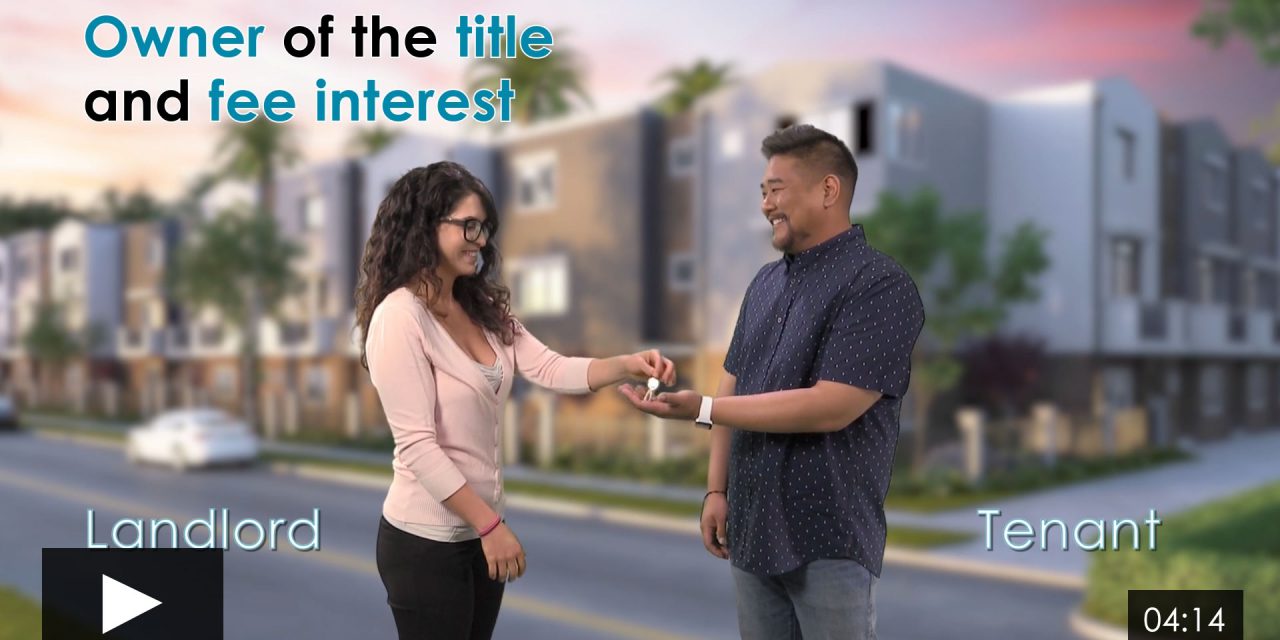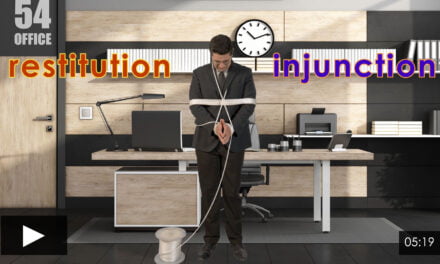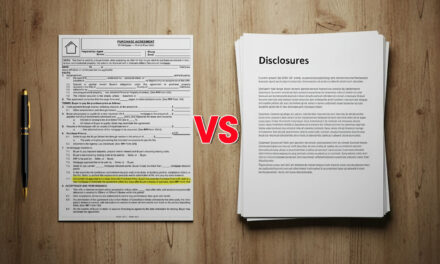For the prior video in this series covering a fee owner’s exclusive right to use and enjoy their property, click here.
Life estates
A life estate is an interest in a parcel of real estate lasting the lifetime of an individual, usually the life of the tenant. Life estates, also known as estates for life, are granted by a deed entered into by the fee owner, an executor under a will or by a trustee under an inter vivos trust.
Life estates are commonly established by a fee owner who wishes to provide a home or financial security for another person (the life tenant) during that person’s lifetime, called the controlling life.
For example, consider the fee owner of a vacation home who has an elderly relative who needs a place to live. The fee owner grants the relative a life estate in the vacation home for the duration of their lifetime. The relative may live there for the rest of their life, even if they outlive the fee owner who granted them the life estate.
Life estates terminate on the death of the controlling life. Life estates may also be terminated by agreement or by merger of different ownership interests in the property. The holder of a life estate may not impair the fee interest. [Calif. Civil Code §818]
Leasehold estates held by tenants
Leasehold estates, or tenancies, are the result of rights conveyed to a tenant by a fee owner (or by the life estate tenant or master lessee) to possess a parcel of real estate.
Tenancies are created when the landlord and the tenant enter into a rental or lease agreement that conveys a possessory interest in the real estate to the tenant.
A lease is for a fixed term, for instance, one year. [See RPI Form 550]
A rental agreement concerns a term that is not fixed, but periodic. [See RPI Form 551]
Both create a leasehold estate held the by a tenant. The tenant becomes the owner of a leasehold with the right to possess and use the entire property until the lease expires. The ownership and title to the fee interest in the property remains with the landlord throughout the term of the leasehold. The landlord’s fee interest is subject to the tenant’s right of possession, which is carved out of the fee by the lease or rental agreement.
In exchange for the right to occupy and use the property, the landlord is entitled to rental income from the tenant during the period of the tenancy.














